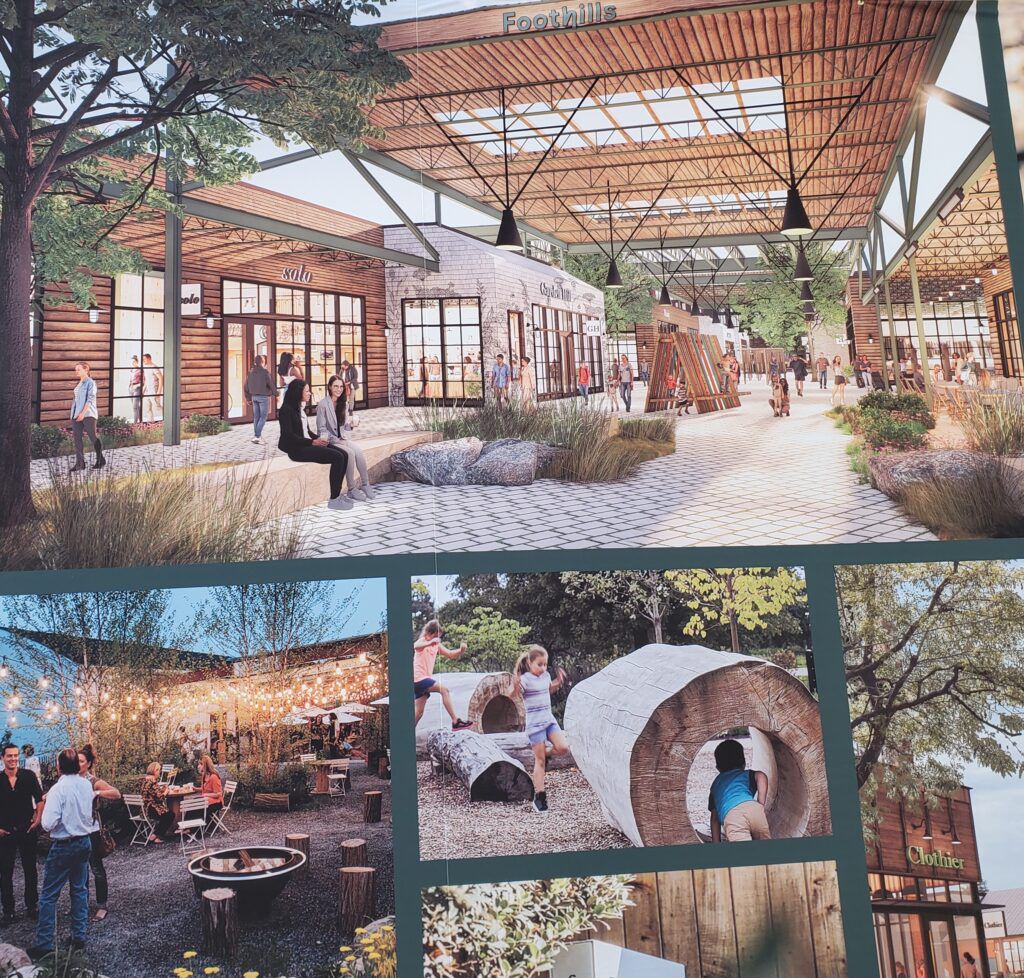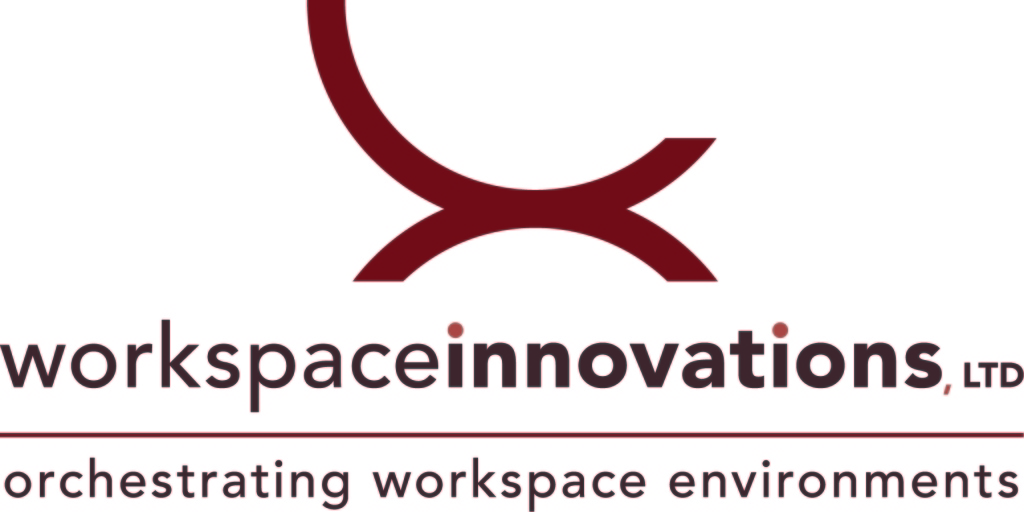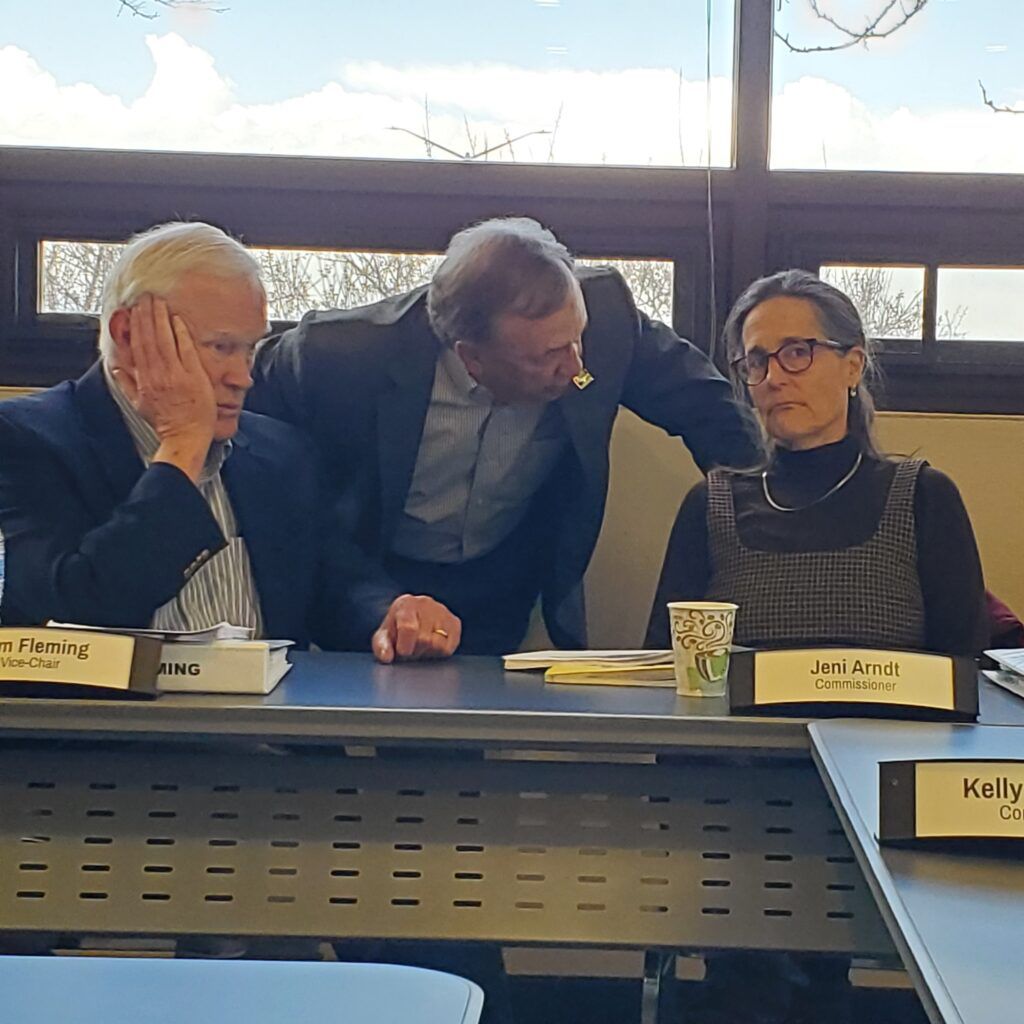Loveland OKs Draper garage, Centerra debt refinancing
LOVELAND – City Council members gave final approval Tuesday night to two contentious issues: a cost-sharing arrangement for a parking garage in downtown Loveland and a plan to refinance debt by the Centerra area’s taxing district.
Mayor Jacki Marsh expressed strong opposition to both issues.
A series of four 8-1 votes by councilors acting as the City Council and the Loveland Urban Renewal Authority cleared the way for the agreement that will help developers of downtown’s mixed-use Draper Heartland Project design a 277-space, $12 million parking garage for it, although Marsh repeated concerns she expressed Aug. 16 when the council and LURA gave first-reading approval to the plan. Her opposition centered on the height of the five-story structure, the shadow it would cast, and, as she said Tuesday, “nothing is going into the general fund to pay for those impacts from this project.”
The imposing five-story structure “does not belong on Fourth Street and especially in such a visible corner,” Marsh said. “This to me is not the right building in the right space.”
However, Councilor Dana Foley, noting the need for more parking as downtown Loveland becomes more vibrant with retailers, restaurants, night spots and events, said “the only way we can add parking is to build up rather than out.” He joined others in repeating their praise of the work of city staff, the Downtown Development Authority and developers who have worked since last fall to negotiate the pact to bring new life to an area that had become blighted.
Under the agreement, the city will chip in half of the $670,000 cost of designing the garage and reimburse the developer for its half once the design is completed. The cost of the garage, which would become the property of the city, is capped at $12 million, with the developer responsible for any costs that exceed that cap unless they’re the result of change orders from the city.
The project, which has been in the works for six years and would end up costing an estimated $45 million, including the garage, will add five stories of redevelopment, including 96 residential units and 14,559 square feet of commercial space. The garage, to be located on the site of a city-owned surface parking lot on the southwest corner of Fifth Street and North Jefferson Avenue, will provide a net increase of 115 parking spaces, 106 of which would be allocated to Draper tenants for a fee. The mixed-use project will include a north/south pedestrian connection from Fourth Street to the proposed parking garage.
The project will extend along East Fourth Street, encompassing a site that includes the long-vacant Heartland Cafe and, previously, Draper Drug. It will incorporate five current structures, including historic buildings at 315 and 333 Fourth St.
Draper LLC, a consortium called BH Developers, is led by chief executive Curt Burgener, Ashley Stiles of Tribe Development, Jeff Smith from Tryba Architects and Jay Hardy from Hardy Investments, who previously worked on the Foundry development in downtown Loveland.
Design of the garage will be coordinated by the developer, along with representatives of the city, the DDA and Ditesco Construction Services, which the city hired in July for an $195,417 appropriation to serve as its representative on the project. The garage will include technology such as license-plate recognition for fee enforcement and guide lights and signage to indicate how many and where open parking spaces are.
The city also has committed to $870,000 of funding for other related improvements.
Funding for the garage design will come from LURA, its Finley Block funding, future DDA district sales, general-fund dollars, property-tax increments, backed by property- and sales-tax revenues from the project’s mixed-use portion for the next 25 years.
The developer has completed half the design work but has said it needed the city’s help to finish it.
Developers told the council on Tuesday that at least some of their concerns about the mixed-use development’s compliance with the Americans with Disabilities Act have been addressed.
Councilors on Tuesday approved the redevelopment agreement among the city, LURA, DDA and 333 East 4th Street Block LLC in a pair of 8-1 votes, first as the city and then acting as LURA. As the Urban Renewal Authority, it also gave 8-1 approval to the supplemental budget and appropriation for the cost-sharing and reimbursement agreement with 333 East 4th Street Block, and then the pact for designing the garage.
The project is to be completed by late 2024.
Later on Tuesday, the council approved Centerra Metropolitan District No. 1’s request to extend the final maturity date to 2053 for both its tax-exempt refunding bonds issued between 2017 and 2020 as well as “Series 2022” new-money bonds. The district has said it wanted to take advantage of current favorable market conditions, provide cost savings to the districts and ultimately their taxpayers, and finance infrastructure improvements in as yet undeveloped portions of the Centerra development.
Councilors were told the district could achieve some interest-rate savings by refunding some or all of those 2017 bonds.
“According to the most recent financing plan for the borrowing,” the council was told in prepared materials, “the estimated amount of tax-exempt refunding bonds is $167.055 million. The amount of the new money bonds is $18.81 million, or a total par of $185.865 million. The combined value of the refunding bonds and the new-money bonds is a par value of $202.1 million. The districts are also requesting the City Council to allow for compound interest to be accrued to the extent interest on any 2022 bond is not paid when due.”
Among the projects the arrangement would help finance is improvement to the connecting point along Interstate 25 for the Colorado Department of Transportation’s “Bustang” transit system, which provides bus connections between Fort Collins and Denver’s Union Station, where connecting Bustang routes serve other areas of the state.
According to the packet provided to councilors, the revenue bonds “will be repaid from revenues obtained from various sources, including but not limited to revenues generated by mill levies imposed by the districts.”
The votes were 6-3 and 7-2 to approve the request, although some councilors complained that the materials provided didn’t give them enough information to answer citizens’ questions about the deal, and Marsh said of the arrangement, “I think this is a death sentence for our business community.”
Source: BizWest




